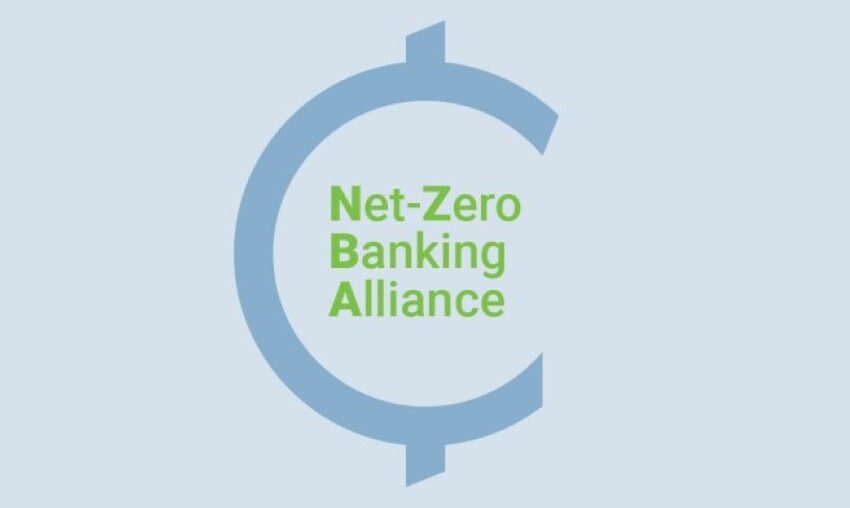
Citi Group and BofA Leave Net Zero Banking Alliance
In a major setback to the efforts by banks supporting energy transition, two prominent US lenders – Citi and Bank of America (BofA) – announced that they were leaving the Net Zero Banking Alliance (NZBA), which is a group of leading global banks committed to aligning their lending, investment, and capital markets activities with net-zero greenhouse gas emissions by 2050.
Defying its decision to leave NZBA, Citi Group said that as a founding member of the NZBA and as a member of its Principals Group, the bank has decided to support its decision to focus on addressing barriers to mobilising capital to emerging markets in support of the low-carbon transition.
“In light of this shift, and Citi’s progress towards its own net zero goals, we have decided to leave the NZBA and focus our attention on supporting Glasgow Financial Alliance for Net Zero (GFANZ) during this new phase,” Citi group said in a statement.
Citi Group further said: “As our recently published 2023 Climate Report Supplement details, we remain committed to reaching net zero and continue to be transparent about our progress. We will continue to work with our clients on their transitions to a low-carbon economy while helping ensure energy security, given the range of transition pathways that are being pursued across our global network.”
In a separate statement, Bank of America also said that it was quitting NZBA and will continue to work with clients on reducing greenhouse gas emissions.
Four US Banks Quit NZBA
A report from Bloomberg said that the departure of Citi and BofA from NZBA follows Goldman Sachs Group and Wells Fargo & Co. The largest US financial institutions are under increasing pressure from Republican lawmakers to distance themselves from industry groups that support reducing carbon emissions, the report said.
Citigroup ranks as the world’s fourth underwriter of green bonds since the start of the decade, trailing BNP Paribas, JPMorgan and Credit Agricole, according to data compiled by Bloomberg. Bank of America ranks eighth.
NZBA is part of GFANZ, a UN-backed umbrella group of climate alliances. Citigroup and Bank of America are founding members of GFANZ.
According to NZBA, whose members include 145 banks across the world managing assets worth around $71 trillion, emissions from human activity in agriculture, forestry, and land use alone currently contribute 22% of global GHG emissions, which must be reduced to meet net zero.
“At the same time, terrestrial and marine ecosystems are responsible for absorbing over half of anthropogenic carbon emissions today, and nature-based solutions could contribute over one-third of the 2030 emission reduction goals,” it said.












